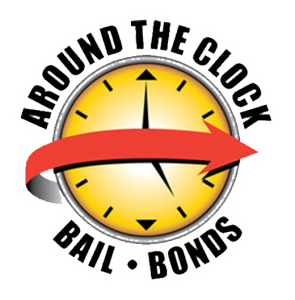How to Handle an Arrest
Getting arrested is a confusing, stressful and frightening time for anyone, and it is understandable that the person being arrested may not know what to do, who to call or where to turn for help. However, there are several “do’s and don’ts” to follow should someone be arrested for a crime.
DO NOT run away.
One of the most important things to remember when police come to serve an arrest warrant, or inform you that you are being arrested for a crime, is to go with them willingly. Running from the police or resisting arrest will only lead to additional charges, and could actually harm your case.
DO use your right to remain silent.
The United States Constitution gives you the right to remain silent even after you are arrested. You do not have to talk to the police, other than to provide them with your name and basic information. You do not have to give statements or answer questions. You do not need speak to anyone in law enforcement about your case until you have consulted an attorney.
DO NOT try to influence the police.
Never make statements such as “do you know who I am?” or mention people you know who may be friends with the police chief, mayor or politician. In many cases, name dropping or using your status to avoid arrest can work against you, so it is best not to try to influence the police with the names of people you know or by using your position in the community.
DO NOT make demands.
Although you are entitled to make a phone call, some jurisdictions must complete paperwork before they can allow you to make that call. Demanding things from the police will only serve to make your situation worse. In addition, by being polite and respectful, you may find the police will allow you more than one call.
DO make the call worthwhile.
When making the phone call, be sure it is someone who can help you with your situation. One suggestion is to call someone who is able to post bail for you. In some cases, this may not be your spouse, and since you may only be allowed to make one call, be sure it is to someone who can provide the assistance you need.
DO contact a bail bondsman.
Once you have been arrested, you will either be released on your own recognizance, which means there is no bail to be paid, or you will have a bail hearing, at which an amount will be set that you must post to get out of jail. Bail can be significant, and very few people have that kind of money at hand. In those situations, many people use the services of a bail bondsman by paying a portion of the bail up front, usually ten percent. The bail bondsman then pays the bond to the court. The fee paid to the bondsman is non-refundable, and if you fail to appear in court as scheduled, you will owe the bail bondsman the balance of the bond as well as wind up back in jail.
These simple dos and don’ts are important to remember if you are ever faced with arrest. In most cases, by being polite, respectful and the process will go smoothly. The most important things to remember after an arrest however, are that the services of a good and qualified bail bondsman are invaluable.


